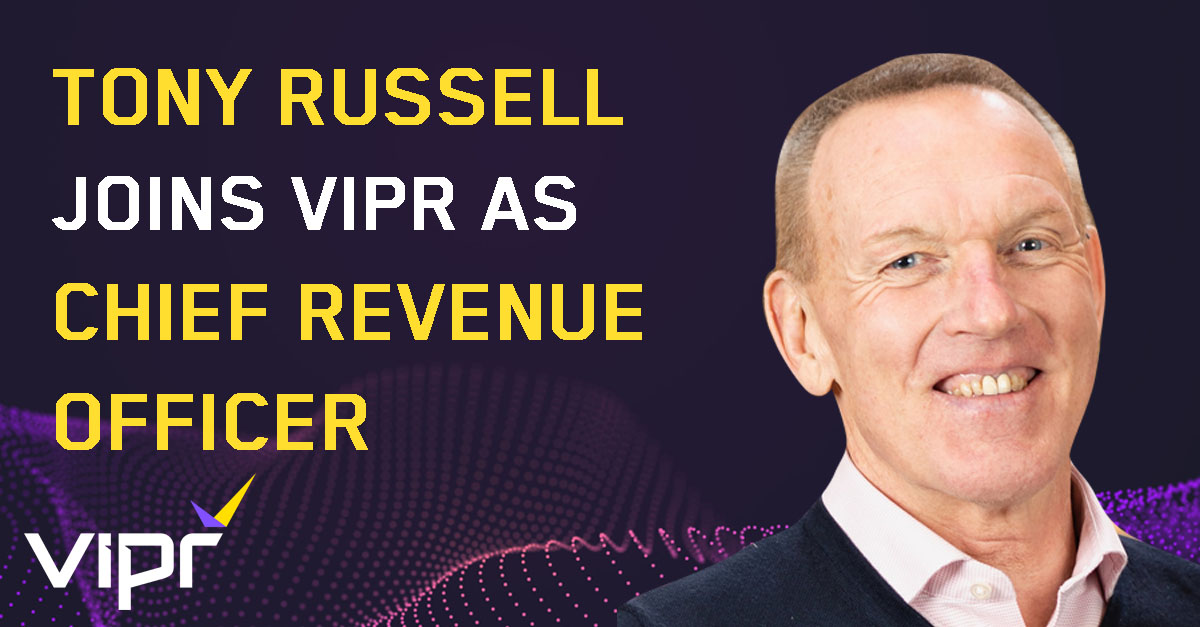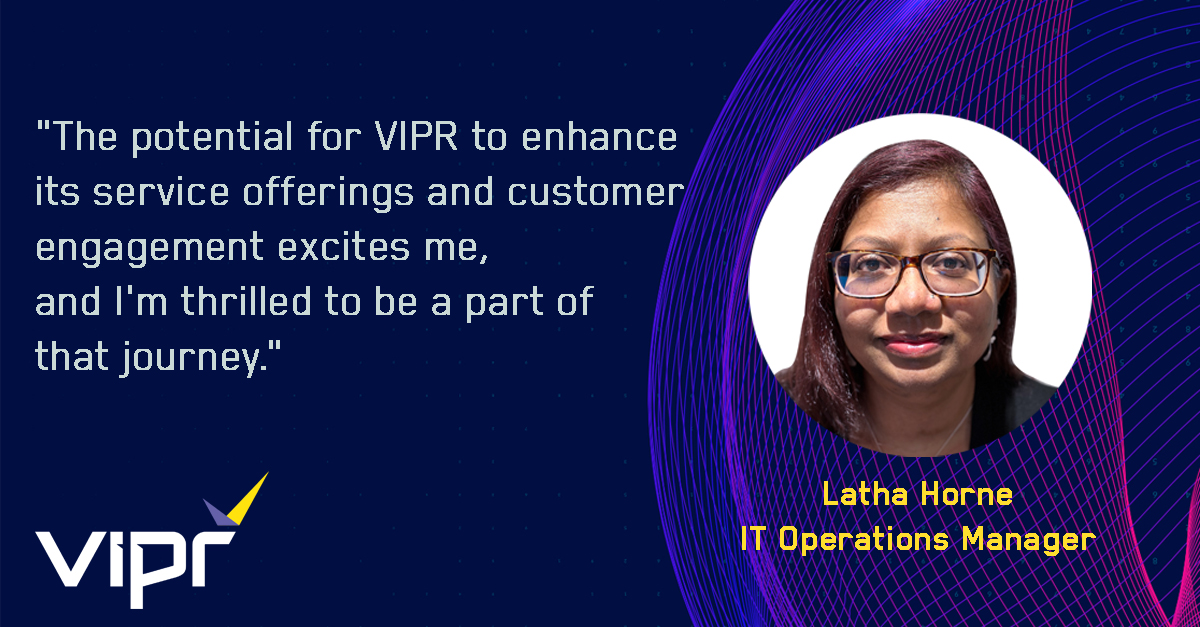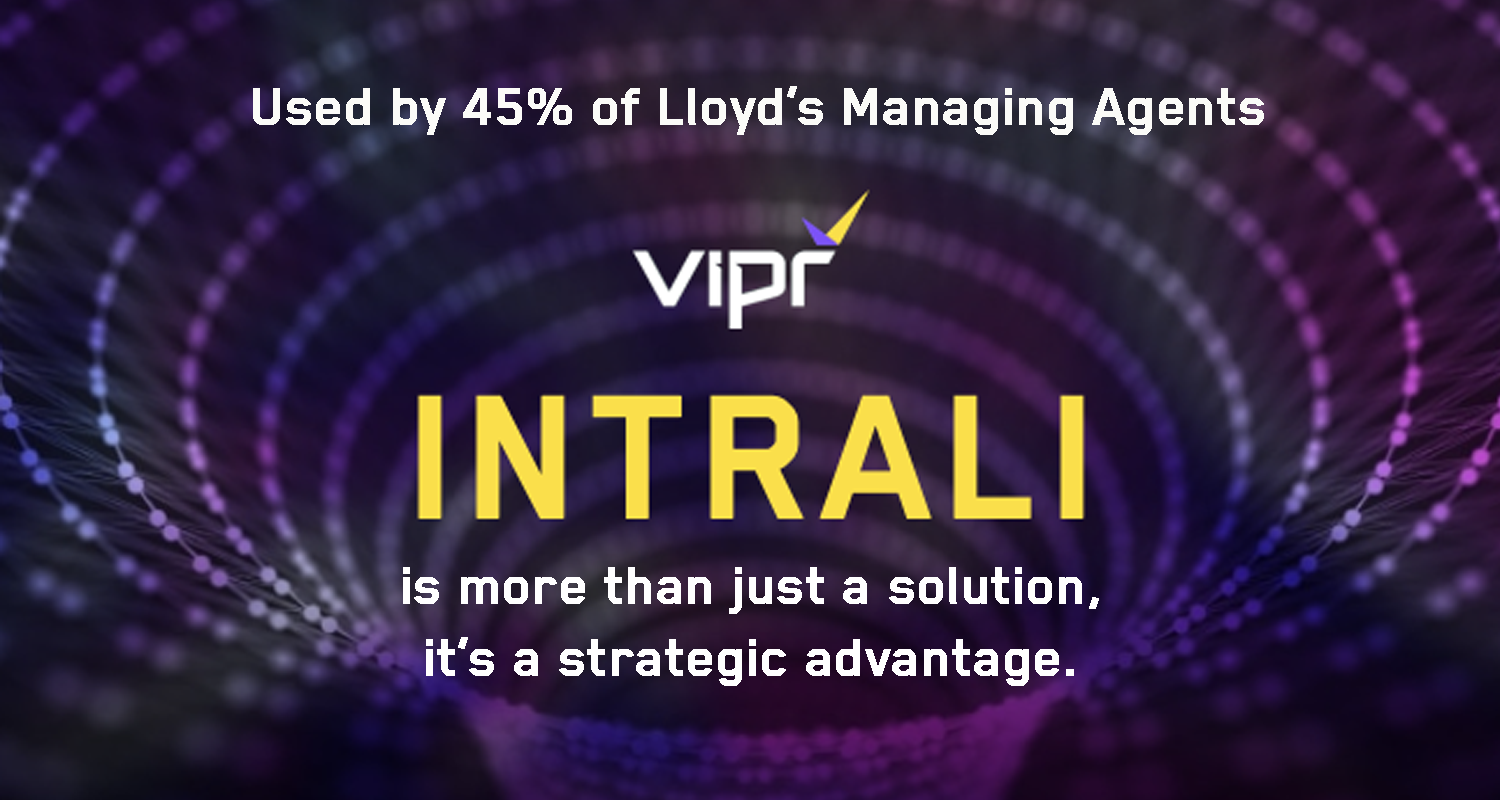NEWSROOM
Thought leadership: collaboration and the importance of data


More data on the market adds up to greater insight, with the importance of collaboration between frontline producers and their brokers growing increasingly dynamic. Factor in the shifting trends around Lloyd’s market, and you have a fast-moving distribution model that throws up several exciting opportunities for the future.
It’s data that drives solutions
In 2009 when I started with VIPR all data was being delivered through Excel. Today, twelve years later, most of it still is; however, there’s now much more of it. There’s a growing recognition that data is knowledge and when used in the right way, it can give you an essential edge in making faster, better-informed business decisions.
‘The more forward-thinking are ready to ride the growing wave of data’ – Paul Templar, CEO, VIPR
The increase in data is being driven by a number of factors, including an increasing amount of delegated business, regulatory forces and a desire on behalf of the market for more underwriting data.
Brokers look for ways to add extra value to the important services they provide. Those who are thinking ahead are doing everything they can to get more involved in the process; seeking more data and looking to do more with this information, in order to add value end-to-end.
Collaboration makes the complex simple
For everyone in our industry today, having a good handle on your data is front and centre. It’s that important. You simply can’t manage a business from a regulatory standpoint without having a firm grip on exposures. This is why I think it will be those companies that have proper systems and procedures in place who will thrive, rather than others who take a more ad-hoc approach.
My own focus is on continuing to streamline the flow of data through different parties, introducing new ways to make the data journey more straightforward, and processing the data easier. The absolute end goal is to get to a point where the whole process becomes very much hands-off. A file can be dropped into our ecosystem where it will be analysed, processed, pushed through automatically, and a raft of reports produced off the back of it. Data will then be shared with those parties that need it. The way data is currently shared across the market is terribly inefficient, with multiple versions of the same datasets flying around the market, usually in Excel format!
The key is collaboration. If you go to your data provider and simply say, ‘Look, we want to make this really, really easy for you. How about we plug straight into your systems and set up a feed. We don’t need to worry about how you supply the data, you just need to give us as many data points as you can, and we’ll sort out the correct formatting that the receiver of that data requires.’ It’s a more open, and ultimately a more effective approach.
I have been pleasantly surprised by the uptake of our API data ingestion capabilities. There are a good number of Coverholders and Brokers who are keen to exploit this method of data submission and the insurers are very much on board too.
Forecasts for the future
Today, like never before, we are seeing technology being embraced for the right reasons. I do not predict the end of the traditional London Market as we know it, but rather a synergy of traditional values underpinned by efficient practices and processes that technology can bring. AI has a part to play in this, but only when coupled with domain expertise, a platform that’s been trained to recognise, analyse, and understand the language of insurance and the context of the words used is always going to prove more effective and valuable.
The use of API and JSON for data transfer will slowly become more commonplace and eventually will replace Excel as the dominant method of moving data. The way insights are derived from the data will give the underwriters their unique position in the market and data sharing will become far simpler and more collaborative.
The pandemic has certainly opened a lot of eyes to the efficiencies, controls and compliance systems can offer, and this has come into its own with a distributed, remote workforce.
Moving forward there are greater opportunities emerging in the more information-rich data supply chain, but there are also obstacles. Some of our own making. As CEO of an award-winning provider of technology solutions for the insurance industry, I have strong views on what you need to know to face the future with confidence. To help yourself keep pace with these changes, simply contact our team of experts at info@viprsolutions.com for ongoing updates.




